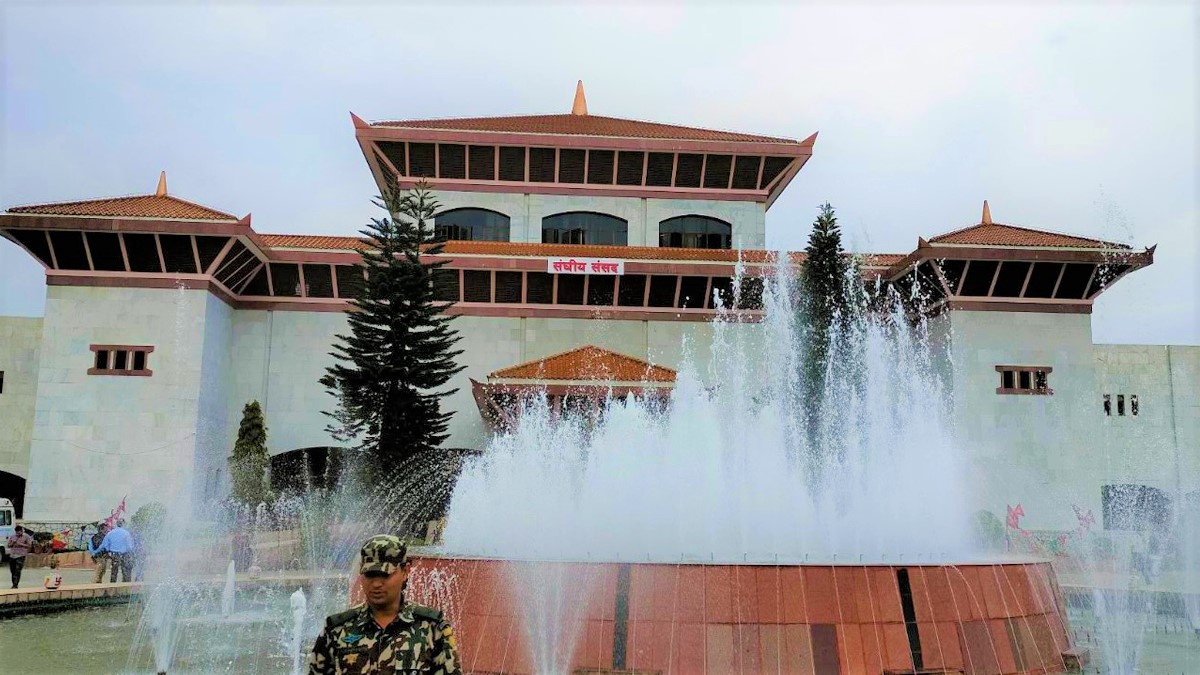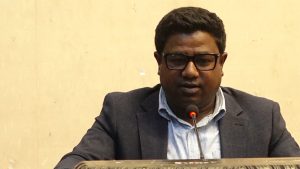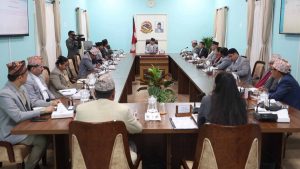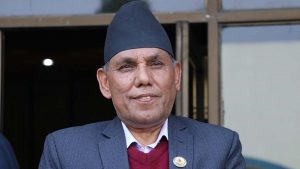
Delays in Winter Parliamentary Session and Legislative Inertia Raise Concerns

The government’s hesitancy in convening the winter session of the federal parliament has sparked concerns among lawmakers and citizens alike. Traditionally observed from mid-December to mid-April, the government is contemplating initiating the session only in Magh (mid-January to mid-February). Consequently, this delay has led to a reliance on ordinances, as stated by Law Minister Dhanraj Gurung. The absence of new bills and the stagnation of existing ones in parliamentary committees have raised alarms about the efficiency of the legislative process.
Current Legislative Stalemate:
Despite the critical period for the winter session, the government has refrained from introducing any new bills, and parliamentary committees have failed to advance existing ones. Officials from the Parliament Secretariat note that disputes over bills have not been addressed adequately, leaving proposed legislation stranded in committees. This stagnation raises the specter of potential adjournments during the winter session, traditionally known as the “Bills Session,” due to a lack of legislative business.
Legislator Indifference and Lack of Prioritization:
Surprisingly, even legislators, entrusted with the vital responsibility of lawmaking, have shown little enthusiasm for convening the winter session. Instead, their focus appears to be directed toward power dynamics, development initiatives, and foreign travel. This shift in attention has resulted in a backlog of 18 bills in the House of Representatives and three in the National Assembly. The failure to prioritize dispute resolution over pending bills within parliamentary committees exacerbates the legislative gridlock.
Committee Focus and Prioritization:
Since November 2, no committees in either the House of Representatives or the National Assembly have concluded the finalization of bills. Speaker Devraj Ghimire’s plea on November 27 to expedite bill resolutions fell on deaf ears, with committee chairpersons citing the unavailability of MPs in the valley as a reason for their inactivity. A parliamentary committee chair noted that despite the return of parliamentarians to the valley, committees seemed more engrossed in issues such as the Ncell share sale case, diverting attention from legislative matters.
Parliamentary Effectiveness:
With two concluded sessions this fiscal year, the passage of only one bill (apart from the Finance Bill) underscores the need for effective legislation during the winter session. Analysts argue that the failure to enact laws during this session could render the parliament dysfunctional. The government, responsible for providing business to the parliament, must reflect on its role, as experts assert that a government unable to do so cannot be deemed successful.
Opposition Critique and Legislative Inactivity:
Leaders from the main opposition party, the CPN-UML, contend that the government’s focus on issues other than lawmaking reflects a lack of commitment to the legislative process. The persistence of twelve bills from the previous parliament’s tenure in various committees of the House of Representatives adds to concerns about legislative inactivity.
Pending Bills and Committee Challenges:
Several bills remain stalled in parliamentary committees, including the State Affairs Committee, which has yet to resolve the Constitutional Council (Functions, Duties, Powers, and Procedures) Act 2066 BS and the Monitoring and Evaluation Bill 2076 BS. Additionally, the Legislative Management Committee is deliberating on a bill amending 79 laws, highlighting the extent of legislative challenges.
Conclusion:
The delays in convening the winter session and the subsequent legislative inactivity raise serious questions about the effectiveness of the parliamentary system. The government’s responsibility to facilitate legislative business cannot be understated, and a failure to address this concern may result in a dysfunctional parliament. It is imperative that both the government and legislators prioritize their roles in lawmaking to ensure the smooth functioning of the legislative process.














Comments